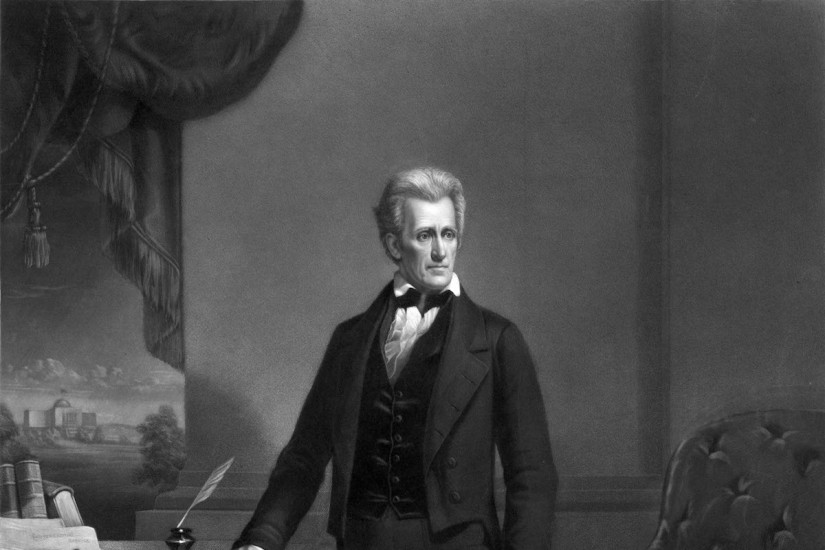Andrew Jackson helped shape a political philosophy that has rippled through the American political firmament for nearly 200 years. Call it conservative populism—an aversion to bigness in all of its forms, including big government, and a faith in the capacity of ordinary folks to understand and to act upon their own interests. Conservative populism includes a natural aversion to entrenched elites, who always fight back against conservative populists whenever they challenge elite power. Republicans of today who tout the leadership of the last great GOP president, Ronald Reagan, should know they are touting the 20th century’s greatest exponent of Jackson-style populist politics.
And when today’s Americans lament the rise of “crony capitalism,” it’s worth noting that their complaint has a political lineage that goes back directly to Jackson, the country’s first great warrior against public policy allowing a favored few to cadge special emoluments from government. He despised any kind of cozy symbiosis between government and private enterprise, and if he could be pulled back into our own time he would look around with the famous scowl that always attended his displeasure and declare, “I told you so.”
A look at Jackson’s war against the crony capitalism of his day can shed light on the ongoing struggle against our own far more extensive and entrenched forms of this particular distortion of free enterprise. Jackson was the forerunner, and as such he presents a distilled and illuminating version of what it is all about.
The story begins at the turn of the 19th century with the emergence of Thomas Jefferson, who despised the governing Federalists of the early Republic—most notably Alexander Hamilton—for their elitist tendencies and push for concentrated federal power. Jefferson’s political watch words were small government, strict construction of the Constitution, states’ rights, reduced taxes, and less intrusion into the lives of citizens. As historian Joyce Appleby tells us, he represented “the rational, self-improving, independent man who could be counted on to take care of himself and his family if only intrusive institutions were removed.”
Upon becoming president in 1801, Jefferson vowed to do away with internal federal taxes, reduce federal expenditures and personnel, and attack a system in which, “after leaving to labor the smallest portion of its earnings on which it can subsist, government … consume[s] the residue of what it was instituted to guard.” All this set off sirens in the consciousness of Hamilton, who warned that Jefferson’s attack on the Federalist ethos should “alarm all who are anxious for the safety of our government.” But John Quincy Adams, whose father had just lost the presidency, understood the power of the new president’s agenda. They are, he lamented, “all popular in all parts of the nation.”
